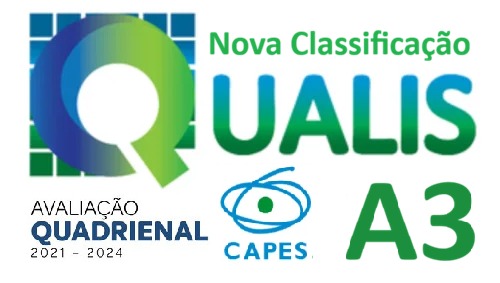New article published in 12(4A) - ENAN / INAC 2024 and 12(4B) - ENFIR/INAC 2024
Radiolabeling of porcine, murine growth hormone and a potential antagonist G118R-mGH for biodistribution study
Abstract: This study aimed to radiolabel porcine growth hormone (pGH), murine growth hormone (mGH), and its antagonist (G118R-mGH) with the iodine radioisotopes ¹³¹I and ¹²³I, to investigate the biodistribution and brain transport of these hormones. Radiolabeling was performed using the Chloramine T method, a protein iodination technique. The radiolabeled products were characterized by physicochemical techniques such as SDS-PAGE, size-exclusion high-performance liquid chromatography (HPLC-SE), and ascending paper chromatography, with measurements performed using single-photon emission computed tomography (SPECT). These measurements demonstrated high radiochemical purity, exceeding 95%, and preservation of molecular size. In vitro stability assays indicated that the radiotracers maintained their integrity for at least 24 hours. In vivo biodistribution studies in mice revealed distinct tissue distribution patterns for mGH and G118R-mGH, suggesting different uptake and metabolism mechanisms. The use of ¹²³I allowed for SPECT-CT imaging studies, which proved important for assessing the ability of mGH and G118R-mGH to cross the blood-brain barrier and distribute in specific regions of the brain. The results obtained in this work highlight the versatility of the radiolabeling protocol employed and its potential for investigating complex biological processes and application in research. Read full article.
An Analysis of Brazil's Situation in the The Public Attitudes toward Clean Energy (PACE) Index in regard to Nuclear Energy
Abstract: Research on public perception of science and technology has become a relevant practice throughout the world, and public opinion and political support for nuclear technology are local and variable across countries. The Public Attitudes toward Clean Energy (PACE) Index is the world’s largest publicly released international study on what people think about nuclear energy. Surveying is conducted by Savanta, and commissioned and analysed by Radiant Energy Group, the PACE Index was set up to track support/opposition for clean energy sources, what drives those attitudes, and how institutions can better cater to what the public wants. This paper aimed analysed the results of the PACE Index in order to evaluate the public's position in the world and in Brazil regarding the use of nuclear energy. Overall, it can be said that across the 20 countries surveyed, 46% of respondents support the use of nuclear energy and the preference for nuclear energy is larger than for onshore wind, biomass from trees, or gas with carbon capture and storage. Specifically, with regard to Brazil, it can be said that the public opposition to nuclear energy exceeds support, Reliability, Health & Safety and Climate Change are seen as an important energy attribute and the younger demographics are most supportive. In this sense, it is understood that through educational actions, scientific dissemination processes and discussions with society on the subject can help the process of public acceptance of nuclear energy. Read full article.



























